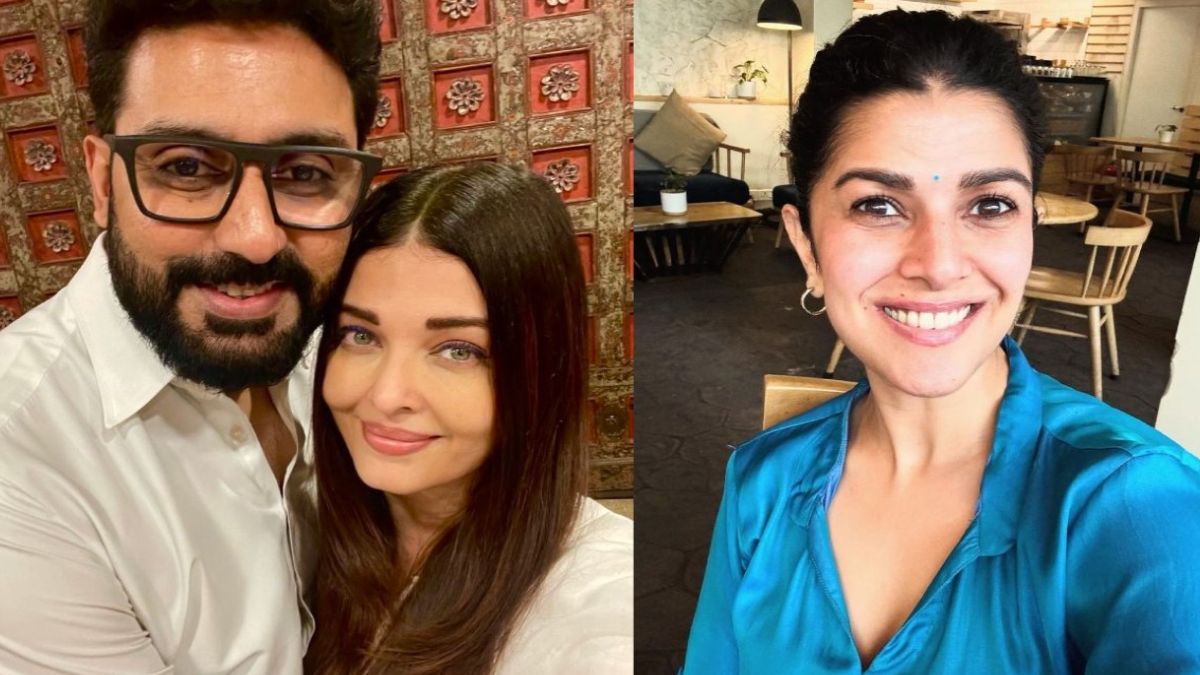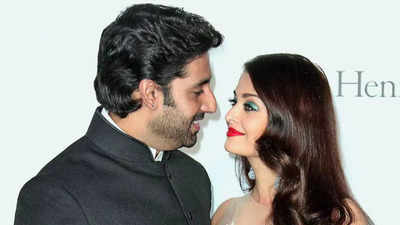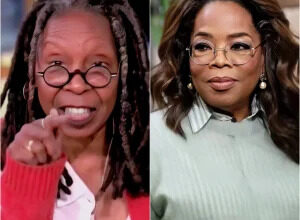The Toxic Fascination with Celebrity Marriages: A Reflection of Our Faulty Society
In recent days, Aishwarya Rai and Abhishek Bachchan’s marriage has been subjected to intense online scrutiny and trolling. Rumors of their alleged divorce have spiraled into a disturbing display of public invasion into their private lives. Adding fuel to the fire, actress Nimrat Kaur has found herself dragged into the controversy, facing unwarranted character attacks. This raises an important question: why do we feel entitled to intrude into the lives of public figures, and what does our behavior toward them reveal about us as a society?

The Spectacle of Celebrity Lives
Celebrities often exist in a paradoxical bubble: their fame grants them immense admiration, yet it also strips them of their privacy. Fans and critics alike feel a sense of ownership over their lives, driven by a fascination with their relationships, successes, and failures. In the case of Aishwarya Rai and Abhishek Bachchan, one of Bollywood’s most revered couples, this obsession has escalated to toxic levels. Speculative headlines and viral posts about their alleged divorce have overshadowed their individuality and dignity.
For many, the lives of celebrities serve as a form of escapism. Their struggles, whether real or imagined, provide fodder for entertainment. Yet, this constant consumption blurs the boundaries between public and private, enabling trolls to justify their intrusive behavior.

The Role of Social Media
Social media has amplified the problem, turning the trolling of celebrities into a communal activity. Platforms like Twitter and Instagram have created spaces where rumors spread like wildfire, and personal attacks are normalized. Nimrat Kaur, who was dragged into this narrative without any evidence, is a stark example of how baseless speculation can harm an individual’s reputation.
The anonymity of online platforms emboldens people to spew hate and judgment without accountability. It’s as if the screen creates a moral disconnect, making it easier to dehumanize public figures. What many fail to realize is that behind the glamour and fame are real people with emotions, families, and boundaries that deserve respect.
)
What This Says About Us
The way society collectively targets celebrities reveals more about us than about them. It highlights a troubling tendency to find joy in others’ perceived failures. Perhaps it stems from insecurity, jealousy, or the innate human desire to feel superior to others. When people troll a celebrity couple or question someone’s integrity, they’re often projecting their dissatisfaction with their own lives.
Moreover, our tendency to intrude reflects a broader societal flaw: the lack of respect for boundaries. This isn’t limited to celebrities but extends to how we treat each other in general. Gossip, judgment, and a lack of empathy have become pervasive, both online and offline.
A Call for Change
It’s time to question why we participate in such toxic behavior and hold ourselves accountable for the damage it causes. Public figures may lead extraordinary lives, but they are not immune to the hurt caused by baseless accusations and trolling. Respecting their boundaries isn’t just a matter of decency—it’s a reflection of our collective humanity.

Instead of fueling rumors, we should focus on celebrating the positive aspects of their lives and contributions. Aishwarya Rai and Abhishek Bachchan, as well as Nimrat Kaur, deserve the space to navigate their lives without the weight of public judgment.
Final Thoughts
The fascination with celebrity lives is not inherently harmful, but it becomes toxic when it strips individuals of their dignity and privacy. The ordeal surrounding Aishwarya Rai and Abhishek Bachchan’s marriage serves as a mirror, reflecting the flaws in our behavior and societal values.
The real question is: can we evolve into a society that values empathy over entertainment? It starts with us making conscious choices about how we engage with public figures—and each other—online and offline.






